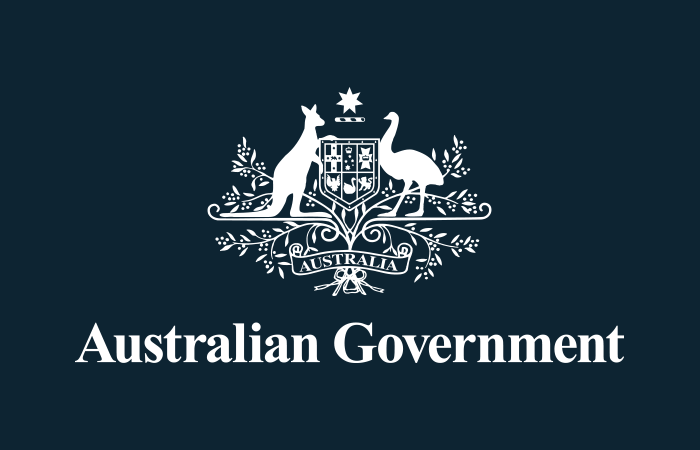Your Cart
Member Lunchbox Webinars
As a Member you get access to over 20 hours of additional recorded webinar content.
VET News
This week in VET
Winter is Coming: PD in June and July
May 28, 2020
JobMaker Plan for Australia
May 28, 2020
Just Released: Online Short Course
May 28, 2020
Updates from the National VET Regulator
May 28, 2020
It'll Be Gone in a Flash
May 28, 2020
Review of Skills, Training and Workforce Development
May 28, 2020
Female Labour Force Participation is Increasing
May 28, 2020
Development of New Skill Set to Support Aged and Disability Sectors
May 28, 2020
Time is Running Out!
May 28, 2020
Your VET Newsletters, Publications and Media Releases for 28 May 2020
May 28, 2020
JobMaker Plan for Australia

In response to the COVID-19 crisis and its impact on the Australian economy, Prime Minister Scott Morrison has announced an agenda to support Australia's economic recovery over the next three to five years.
The areas identified as critical to successful rebuilding were:
- Skills
- Industrial relations
- Energy and resources
- Higher education
- Research and science
- Open banking
- The digital economy
- Trade
- Manufacturing
- Infrastructure and regional development
- Deregulation and federation reform
- A tax system to support jobs and investment.
Of these, of immediate focus and public announcement were the areas of skills and industrial relations. Key issues of system responsiveness, clarity and funding have been singled out as the foci of VET sector reform. Mr Morrison has described the VET sector as a complex system that is "clunky and unresponsive to skills demands". He cited the time to develop or update training products as an average of 18 months, with one third of changes taking over two years to update. Lack of clear understanding by users of the system, with gross inconsistencies in funding, lack of information on current and future skills demand to guide training and funding arrangements, and sheer volume of choices for qualifications or units of study, are also cited as issues within VET. Mr Morrison said lack of visibility over the quality of training by providers, knowledge of employment outcomes from courses, and lack of accountability for funding allocations, combine to add complexity of the VET system and "it is no wonder that when faced with this complexity, many potential students default to the university system, even if their career could be best enhanced through vocational education. He went on to say, "I want those trade and skills jobs to be aspired to, not looked down upon or seen as a second best option, it is a first best option."
The existing Skills Organisation Pilots established in human services, digital technologies and mining, were cited as positive examples of giving industry the opportunity to shape the training system to be more responsive to skills needs and to take responsibility for qualification development.
A widening of the National Skills Commission's role was discussed and it will now provide detailed labour market analysis, including an annual report each year setting out the skill needs of Australia, replacing existing lists for apprenticeships and skilled migration. Information from the National Skills Commission will be publicly available and should inform government and private investment in the system, including VET subsidies and a new national skills funding agreement.
The following changes to funding for VET were outlined and suggested to be based on the national hospital agreement:
- Better linking funding to actual forward looking skills needs, based on what businesses need.
- Simplifying the system, reducing distortions and achieving greater consistency between jurisdictions, and between VET and universities.
- Increasing funding and transparency and performance monitoring. Taxpayers, students and employers should know where the money is going.
- Better coordination of the subsidies, loans and other sources of funding.
For more information, you can read the transcript of the Prime Minister's Press Club announcement.
Date posted May 28, 2020
Contact us
Need some help? Visit our help section to get answers to your questions.
Why join?
Our vision is to educate, inspire, and empower by providing quality, flexible and innovative products and services - the Velg Training membership program is no exception. Packed full of exclusive benefits, our membership program provides access to a range of member-only privileges. Watch now to hear more about these privileges!
Already a member?
Benefit from a free Velg Training profile and receive our fortnightly newsletter
All the great benefits of membership extend to the named individual
Benefits extended to unlimited sibling accounts
+
Account administrator to manage team
+
Track sibling PD history